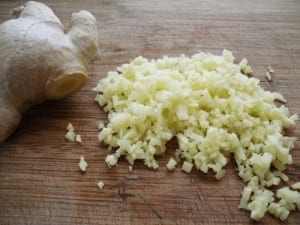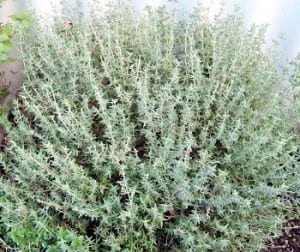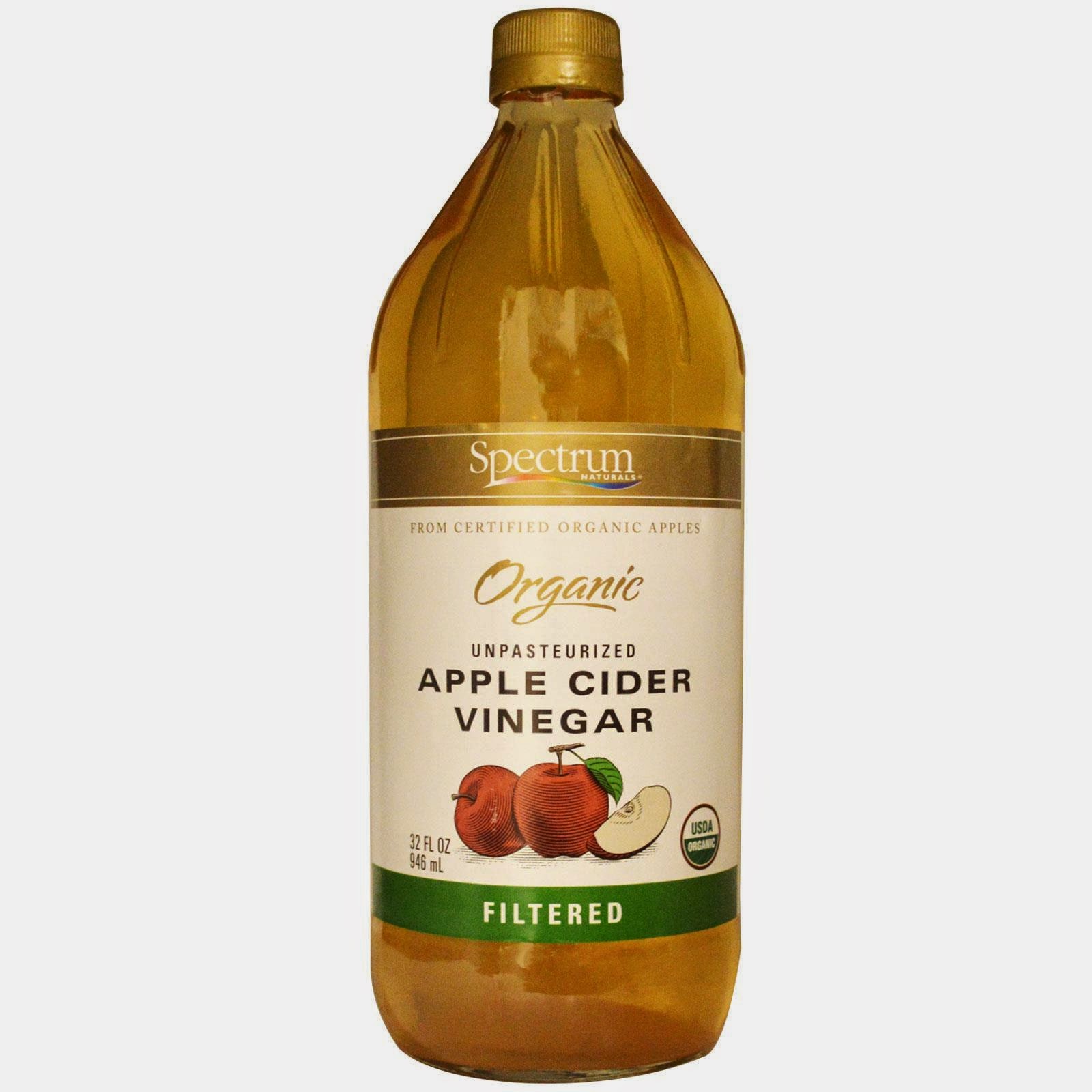All Natural, all organic. Here are some plants that may assist in hair growth...enjoy!
1. Aloe Vera
Enzymes in aloe vera dissolve dead skin cells and excess sebum which can clog hair follicles. Aloe contains salicylic acid, an anti-inflammatory and mild anti-biotic. Aloe gel is also an excellent moisturizer with a molecular structure similar to keratin, the prominent protein that makes up skin and hair. For this reason, aloe vera is one of the best carriers for other herbal remedies that promote hair growth.
2. Amla
Amla, the Indian Gooseberry contains several anti-oxidants including vitamin C which is necessary for collagen production. Elevated collagen levels accelerate production and increase strength of new hair growth. Mix amla powder with a moisturizer such as coconut oil and massage into the scalp.
3. Basil

Basil is rich in magnesium, an often overlooked mineral that is essential for hundreds of chemical processes within the human body. When applied to hair and scalp as an
herbal rinse, basil acts as an anti-inflammatory, strengthens hair against breakage, and improves circulation in the hair follicles which helps to stimulate growth.

4. Bhringraj
Also commonly known as maka,
Eclipta alba or bhringrajis an ancient Ayurvetic herb considered to be one of the most helpful natural means for encouraging hair growth. Check out this
guide for making a scalp treatment using bhringraj powder.
5. Burdock Root
The root of the Burdock plant has many traditional medicinal uses including as an anti-inflammatory and scalp treatment. Rich in fatty-acids, burdock root oil can be used by itself or
combined with other herbs such as rosemary to promote scalp health and encourage stronger hair growth.
6. Calendula
The flowers of Calendula officianalis, also known as marigolds are rich in minerals and anti-oxidants. Calendula oil applied to the scalp promotes growth of stronger hair by increasing collagen production and circulation in hair follicles. Use calendula alone or in combination with another moisturizing oil.
7. Fenugreek
Fenugreek is a vitamin-rich herb that helps to improve circulation and stimulate hair growth. Fenugreek seeds should be soaked in water overnight then ground into a fine paste. Apply fenugreek paste directly to the scalp or mixed with Greek yogurt for the added benefit of lactic acid, an alpha-hydroxy exfoliant. Allow this mixture to soak in for at least thirty minutes before cleansing the scalp.
8. Flaxseed
Flaxseed (also known as linseed) is full of fatty-acids and anti-oxidants which help to remove toxins and dead cells from the scalp. Boil ground flax seeds in water to form a soothing gel that can be applied to scalp and hair as a moisturizer that can help to stimulate growth and improve the strength of existing hair. A guide for making flax seed gel can be found
here.
9. Ginger Root

Ginger root oil increases circulation in hair follicles, promoting stronger and faster growth. Ginger root is also an anti-septic and moisturizer, making it excellent for clearing up dandruff and other skin conditions which may interfere with healthy hair growth. Check out this
recipe for making your own ginger root scalp treatment.
10. Gotu Kola
Also sometimes called brahmi, Centella asiatica or gotu kola has been traditionally used for thousands of years to treat many internal and external maladies, many of which are associated with the crown chakra. Mix gotu kola extract with olive oil and massage into the scalp to improve circulation and promote stronger hair growth.
11. Hibiscus
Hibiscus flowers contains vitamins and anti-oxidants that improve scalp and hair health. Add fresh blossoms (or if you can’t find them fresh, use dried hibscus) to coconut oil and grind into a fine paste. When applied to scalp and hair regularly, this mixture increases hair growth while at the same time warding off premature greying and dandruff. For best results, allow mixture to soak into scalp and hair for at least two hours.
12. Hops
The flowers of the hops plant, Humulus lupus contain a nourishing oil that is widely recognized as a hair growth stimulant as well as for its ability to thicken and strengthen existing hair. Furthermore, hops flower oil is a natural anti-septic which can help to combat infections of the scalp and hair follicles that may stunt healthy growth.
13. Horsetail
Mineral-rich Equisetum arvensa is a hugely popular natural solution for promoting hair growth and a healthy scalp. Horsetail works by stimulating blood vessels that supply oxygen to hair follicles. Also, horsetail contains quercetin, a flavonoid with anti-allergy and anti-viral capabilities and silica a NUTRIENT which helps to repair damage and fortify new and existing hair against breakage. To prepare this herb, steep one part dried horsetail in two parts water for an hour or more. Strain and cool the infused water to room temperature before applying to hair and scalp.
14. Lavender
The oil of
Lavandula augustifolia is a powerful anti-inflammatory, anti-microbial, and anti-septic. Lavender oil stimulates circulation in the scalp, strengthens new hair growth, and helps to balance the natural oil production of the scalp, making it a popular choice for people of all skin types. As an added bonus, lavender oil is also a natural insect repellant which can ward off disease-carrying parasites like fleas, ticks, mosquitoes, and head lice. Lavender oil can be used in combination with a carrier oil, or try this
Bulgarian Lavender Hair Butter from Alteya Organics.
15. Licorice
Glycosides, triterpene saponins, and flavonoids naturally occurring in licorice root work to nourish the scalp and heal damage caused by fungal infection, eczema, environmental allergens, and chemical exposure. To make a licorice root cleanser, add one tablespoon of dried licorice root to three cups of boiling water. Allow the roots to steep for an hour or more on low heat (simmer.) Strain and cool the infused liquid to room temperature before applying to hair and scalp.
16. Marshmallow
The roots of
Althea officinalis, or common marshmallow contain lauric acid, the medium chain fatty-acids present in coconut oil which give the fruit its outstanding list of
health benefits. Marshmallow root is also rich in mucilage, a natural hair detangler. Boil dried marshmallow for about fifteen minutes then strain to extract mucilage which can then be combined with your favorite natural conditioner.
17. Oat Straw
Oat straw,
Avena sativa is another herbal source of silica and magnesium which promote scalp health and hair growth. Create an herbal rinse by steeping oat straw for an hour or more. Alternately, you can reap the benefits of oat straw by drinking it as a
tea.
18. Parsley
Easy to grow in most climates, Petroselinium crispum – common garden parsley is full of vitamins and anti-oxidants which increase keratin and collagen production in the scalp, increase circulation, promote healthy hair growth, and protect skin and hair from damage by free-radicals. Parsley also contains zinc and copper which work together to regulate metabolism and synthesize melanin, the pigment that protects skin and hair from sun damage. Create an herbal rinse by steeping parsley in boiling water or grind fresh parsley mixed with water or oil into a fine paste to be applied to scalp and hair. Parsley can also be added to tea and salads, however pregnant women should avoid ingesting large amounts of parsley as the herb can potentially cause miscarriage.
19. Peppermint
The moisturizing oil contained in peppermint leaves is anti-fungal and anti-inflammatory. When applied to the scalp, peppermint oil can help to heal chemical, microbial, or environmental damage while also stimulating growth by boosting circulation and stimulating hair follicles. To prepare peppermint oil as a healing scalp treatment, try this
recipe.
20. Rose Hips

The fruit of
Rosa canina, the wild rose is one of the best sources of vitamin C (containing around fifty percent more than oranges) making rose hips a powerful herbal stimulant for hair growth. Simmer or soak rose hips in water until they become soft enough to crush. Mix with a moisturizer to form a paste that can be applied to the scalp and hair.
Avoid over-cooking rose hips as vitamin C is heat-sensitive and denatures when boiled.
21. Rosemary
Rosemarinus officianalis is an evergreen herb that is easy to grow in most climates. Rosemary oil is vitamin-rich, anti-bacterial, anti-oxidant, and by far one of the most popular and effective herbs for scalp health and hair growth. Massage one to two teaspoons of rosemary oil directly into the scalp or mix with other oils to create a conditioning scalp treatment. For a great article on how to prepare rosemary for hair, check out this
article.
22. Sage
Sageis attributed with many healing qualities, thus its Latin name salvia which means “to save.” This esteemed herb contains vitamins B and C, as well as magnesium, zinc, and potassium, all of which improve the growth and strength of hair. Sage is also antibiotic and anti-allergic, and anti-septic making it ideal for healing skin ailments that may stunt hair growth. Add sage oil to a moisturizer or create an herbal rinse by steeping dried sage in hot water.
23. Shikakai
Acacia concinna, a shrub native to the warm plains of Asia has been used for thousands of years as an herbal hair cleanser. Dried shikakai fruit may be ground into powder or steeped in warm water to make a healing cleanser. Rinse hair or massage shikakai paste into hair and scalp to promote growth, strengthen roots, and improve scalp health. (Shikakai is often combined with amla for the added benefit of the Indian gooseberry’s anti-oxidant and anti-microbial properties, as well as for amla’s rich dark color.)
24. Soapnut
The fruit of
Sapindus mukorossi, a tree in the Lychee family has been used by people of many different cultures since ancient times to make soap – thus the moniker “soapnut.” The natural cleanser made from Sapindus fruit has both anti-inflammatory and anti-microbial properties making it an excellent choice for nourishing scalp and hair follicles, as well as for growing thicker, healthier hair. For more information on making your own soapnut cleansers, check out this
great article.
25. Thyme
 Thymus vulgaris
Thymus vulgaris is known to have anti-septic and anti-fungal properties. Thyme also contains minerals magnesium, potassium, and selenium which are known to promote stronger hair growth. Thyme oil can be mixed with a carrier oil or steep a handful of dried thyme in warm water to create an herbal rinse.
26. Watercress
The aquatic herb,
Nasturtium officianaleknown commonly as watercress is richly packed with vitamins and minerals including biotin which has proven benefits for skin health and stronger hair growth. Check out this
recipe for for making a watercress rinse.
27. Yarrow
Yarrow is anti-inflammatory, antiseptic, and astringent making it an ideal herbal remedy for treating scalp conditions which may stunt hair growth. Because it is high in natural saponins and fatty-acids, yarrow extract is perfect for making natural scalp and hair
cleansers. Alternately, yarrow oil may be mixed with a carrier oil and applied to scalp to help stimulate new hair growth.
28. Yucca
Not to be confused with yuca root,
Yucca schidigera is a succulent native to the deserts of western North America. Yucca has many traditional uses for health and hygiene including as a nourishing natural cleanser for scalp and hair. A guide for making Yucca soap and shampoo can be found in this
article.
FIND US:
Email: honeyveraja@gmail.com






 Basil is rich in magnesium, an often overlooked mineral that is essential for hundreds of chemical processes within the human body. When applied to hair and scalp as an
Basil is rich in magnesium, an often overlooked mineral that is essential for hundreds of chemical processes within the human body. When applied to hair and scalp as an 
 Ginger root oil increases circulation in hair follicles, promoting stronger and faster growth. Ginger root is also an anti-septic and moisturizer, making it excellent for clearing up dandruff and other skin conditions which may interfere with healthy hair growth. Check out this
Ginger root oil increases circulation in hair follicles, promoting stronger and faster growth. Ginger root is also an anti-septic and moisturizer, making it excellent for clearing up dandruff and other skin conditions which may interfere with healthy hair growth. Check out this 
 The fruit of Rosa canina, the wild rose is one of the best sources of vitamin C (containing around fifty percent more than oranges) making rose hips a powerful herbal stimulant for hair growth. Simmer or soak rose hips in water until they become soft enough to crush. Mix with a moisturizer to form a paste that can be applied to the scalp and hair.
The fruit of Rosa canina, the wild rose is one of the best sources of vitamin C (containing around fifty percent more than oranges) making rose hips a powerful herbal stimulant for hair growth. Simmer or soak rose hips in water until they become soft enough to crush. Mix with a moisturizer to form a paste that can be applied to the scalp and hair. Thymus vulgaris is known to have anti-septic and anti-fungal properties. Thyme also contains minerals magnesium, potassium, and selenium which are known to promote stronger hair growth. Thyme oil can be mixed with a carrier oil or steep a handful of dried thyme in warm water to create an herbal rinse.
Thymus vulgaris is known to have anti-septic and anti-fungal properties. Thyme also contains minerals magnesium, potassium, and selenium which are known to promote stronger hair growth. Thyme oil can be mixed with a carrier oil or steep a handful of dried thyme in warm water to create an herbal rinse.